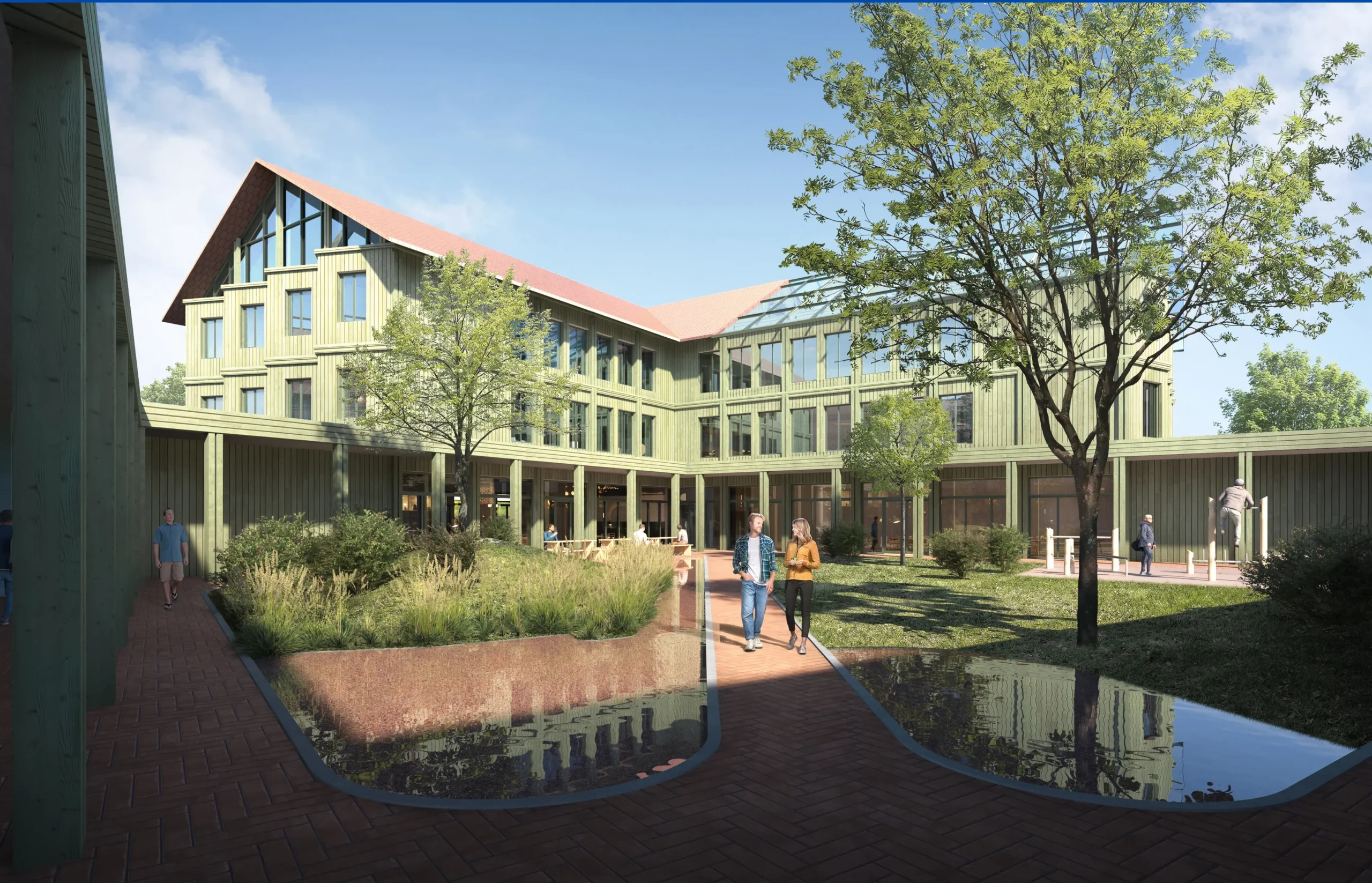Casa Betania is a detention house in Rimini, Italy. This facility is part of the APG-association, also known as “Associazione Comunità Papa Giovanni XXIII.” The international APG association was founded by Father Orest Benzi. It is a religious organization focused on the practical and constant commitment to fight marginalization and poverty. The APG Association’s houses are unique in that they create an environment where people in detention live with a wide variety of individuals, including people who have served their sentences and those struggling with mental disabilities.









